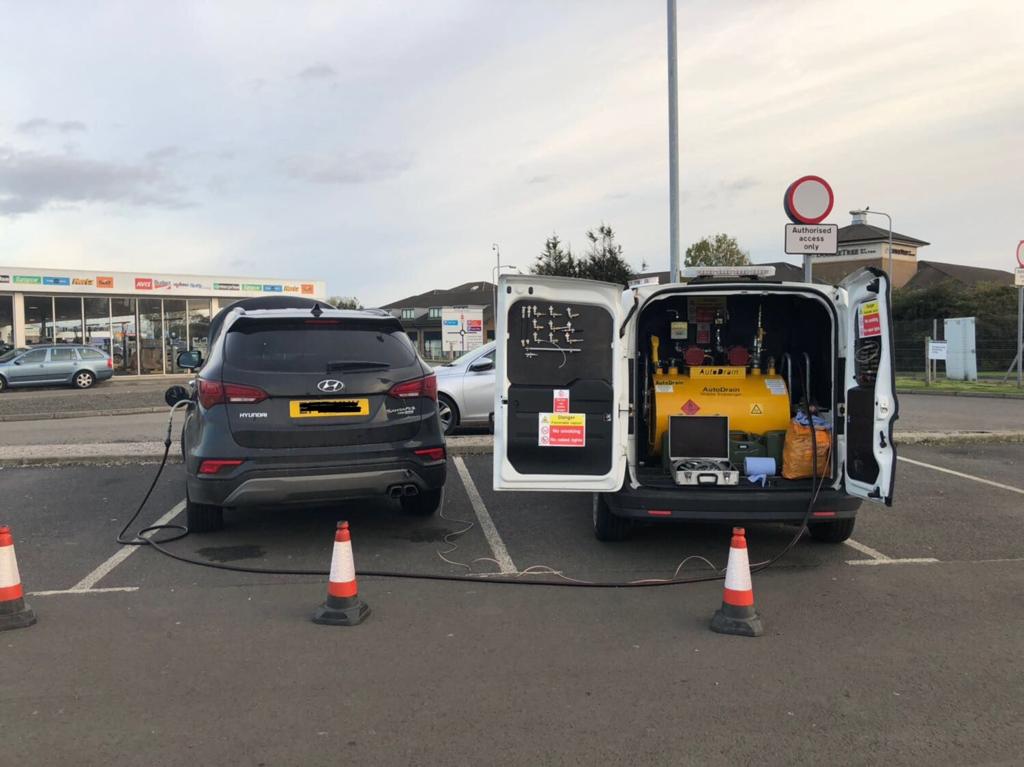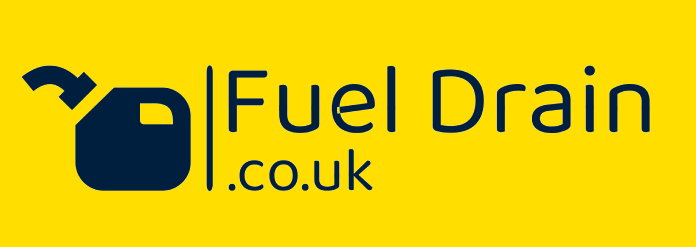Diesel in my petrol car help near me in London
Our fully approved fuel drain specialists positioned throughout London will come to your aid to help you get back on the road.
Diesel into Petrol Car London: Devastating or Now Fixable?

Driving mistakes can happen to anyone. One of the most common ones is accidentally putting diesel into a petrol car in London. While it may seem like an innocent mistake, it can seriously affect your vehicle’s performance and engine health. If this has happened to you or someone you know, don’t panic.
This article will provide helpful tips and advice for those who have accidentally put diesel into their petrol car in London, including where to get help and advice from experts.
So, if you’ve done the deed and need some help, read on, and we’ll take you through what to do next.
First Things First: Don’t Start the Car
Although it might be tempting to start the car after discovering your mistake, resist the urge. Diesel mixed with petrol will cause significant damage to your car engine and fuel system if allowed to circulate through. Starting the vehicle will only worsen matters and increase the repair cost significantly.
Diesel into Petrol Car London: Where Does Diesel Go?
It is essential to understand how diesel enters your petrol engine and where it goes once inside. This will help you determine what parts need replacing or cleaning and how much you should expect to pay for repairs eventually.
Diesel fuel typically enters the petrol tank when refueling, but sometimes it gets sucked up through ill-fitted or insecurely installed air filters. Diesel then circulates through valves, injectors, spark plugs, catalytic converters, and other components of your vehicle’s fuel system before reaching the engine itself.
What Happens When Diesel Enters a Petrol Engine?
When diesel mixes with petrol in a car’s combustion chamber, several things happen that can lead to catastrophic damage and decreased performance:
- The wrong fuel mixture affects the combustion process due to differences in properties between diesel and petrol. This includes density and octane ratings, resulting in poor acceleration, knocking sounds from the engine due to misfiring, or complete failure of ignition systems.
- Diesel withstands higher temperatures than regular gasoline. This means it will stay liquid longer at high temperatures. This causes excess heat build-up over time that can eventually melt components such as spark plug tips.
- Diesel contains higher sulphur levels than gasoline. Sulphur reacts with certain metals forming deposits that clog up fuel lines. This leads to increased pressure build-up during combustion cycles. The result is valves and gaskets blowing out and wear on piston rings.
- Diesel has lower lubrication characteristics than gasoline meaning its presence can severely reduce oil quality inside an engine. This leads to wear on delicate internal components that could result in costly repair bills. This damage can include premature valve stem seal failure or camshaft destruction. These issues are mainly due to a lack of lubrication throughout critical engine parts.
How to Mitigate Diesel Damage
To prevent long-term damage from happening due to diesel entering a petrol engine, these steps are recommended by experts:
– Before starting the vehicle, check for any signs of leaking fuel around valve covers, spark plugs, or intake manifolds. Change oil immediately if there appears to be any contamination with diesel fuel.
– Have all filters changed or thoroughly cleaned if possible (air filter is the priority.) Inspect all hoses connected directly to the motor area for any signs of leakage.
– Drain the tank completely if more than 15 litres (4 gallons) were put into the petrol tank by mistake. This prevents a further dilution cycle within the gasoline/diesel mix inside the motor compartment.
– Replace all spark plugs (especially those closest to cylinders) since they are most likely covered by sulphur residue left behind by the diesel combustion process. This makes them prone to malfunctioning at some point – even after a successful flushing procedure.
– Run the ‘flush procedure’ only when necessary (adding a specific type of chemical detergent into the tank while running the engine on a low rpm setting, then switching back to the original gasoline grade afterward).
Diesel into Petrol Car London: Where Can You Get Help?
Fuel Drain UK helps people with wrong fuelling issues in London, including accidentally mixing diesel into petrol tanks.
Fuel Drain UK offers comprehensive diagnostic evaluations and a wide array of cleaning/flushing services designed to restore normal function without requiring expensive long-term repair work.
Accidents happen and putting diesel into a petrol car is more common than you might think. Incidents of putting diesel into a petrol car frequently occur in London. Research suggests that almost one in five drivers in the capital have put diesel into a petrol car at least once! That’s nearly 20% of drivers who have made this mistake! So, if you have done it too, don’t worry – you’re certainly not alone.
However, people in London now have a distinct advantage – contact Fuel Drain UK, and they will sort the problem out quickly and effectively.
In a Nutshell
Putting diesel into a petrol car in London can be an expensive mistake. Diesel and petrol fuel systems are vastly different, so paying close attention when filling up at the pump is essential. If you end up putting diesel into your petrol engine, don’t worry – help is available.
Professionals have the tools and knowledge to flush out the wrong type of fuel from your tank and get you back on the road quickly – saving time and money! With these tips in mind, we hope that all drivers will stay safe on their journeys around London by double-checking what fuel they use before refuelling.

